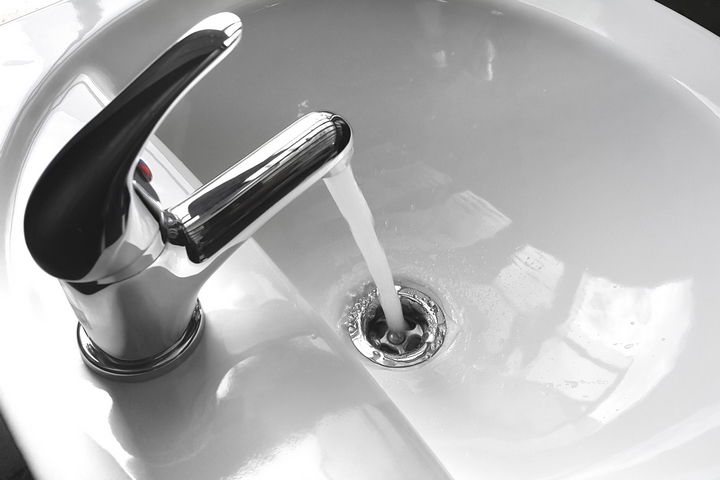
Indoor plumbing, like most great things, is never truly appreciated until it is unavailable. The feeling of being trapped without it is one of great inconvenience and general irritation. This is why it is incredibly important to keep yourself in the know on some of the finer points of plumbing, the ones that may just save you from a whole lot of heartache and trouble down the line.
What exactly are those points? Below, you will find five important things to know about plumbing that may just save you quite a bit of time and money.
1. Clean That Grease
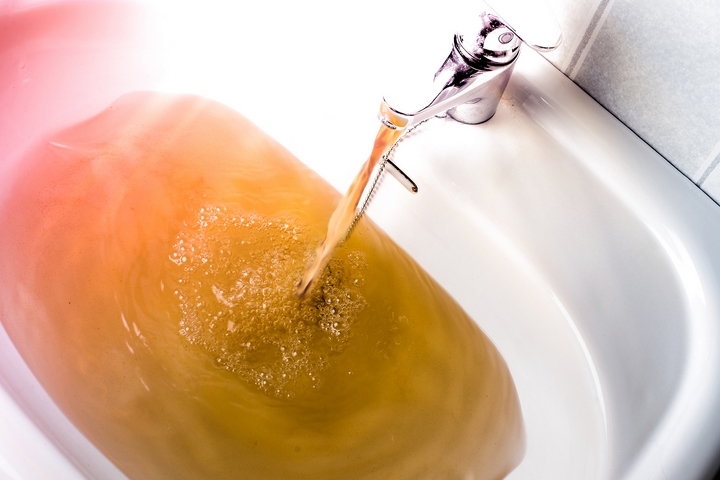
Quite a few people know about this one, but it bears repeating over and over again. Never, under any circumstances, pour grease down your drains. No matter how much dish detergent or bleach you send after it, that grease will still ruin your pipes, if it doesn’t completely clog it up first.
If you need to dispose of grease, then you should pour the grease into a container, and then dispose of it. After doing that, clean your pot or pan with a paper towel, then wash it. This is a much safer way of cleaning up grease and will save you a world of plumbing pain.
2. Consider the Flush
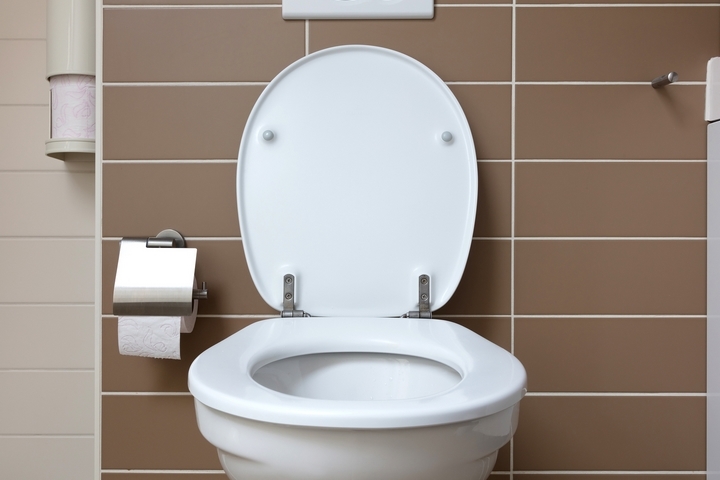
Hopefully, we all grew up learning what to flush down the toilet. It’s a pretty good system that has worked quite well so far. That’s exactly why we probably shouldn’t be experimenting with finding new and exciting things to flush, although we know there will always be an enterprising pioneer somewhere in the world.
In any case however, it is highly advised that you only stick to flushing human waste and toilet paper. Things not to flush include paper towels, baby wipes, cleaning wipes, and anything else that is not waste or toilet paper.
3. Learn About Water Pressure
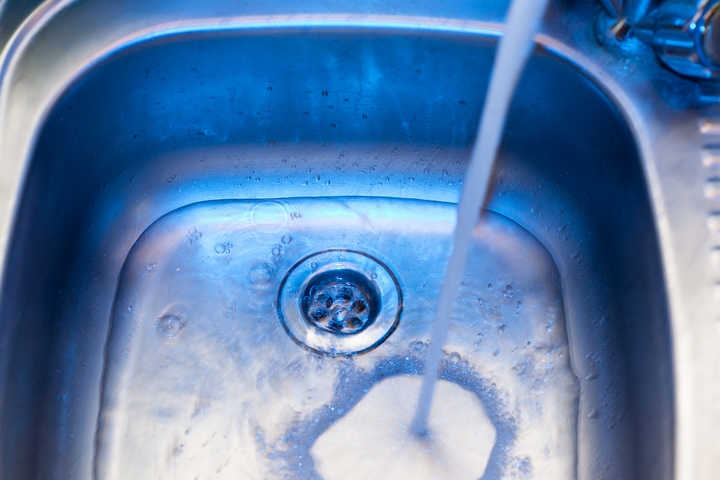
Knowing how to monitor your home’s water pressure is a very valuable skill. If your water pressure is too high, then it actually can damage your pipes over time. Nobody wants that, right? Well, if you would like to check your water pressure, then you can purchase a simple water pressure meter from a hardware store.
Simply shut off all appliances that use water in the home, attach the meter to a water outlet close to your home’s water supply, and turn on that faucet. If the reading is below 50 psi or above 75 psi, you might need to repair or replace your home’s pressure reducing valve.
4. Know Your Main Shut Off Valve
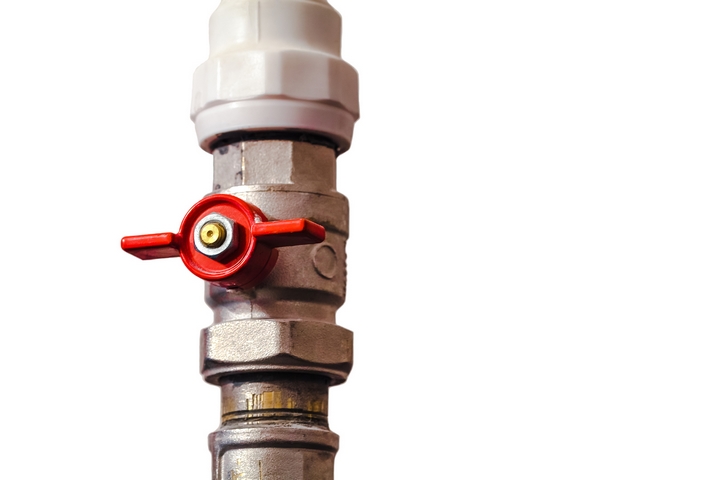
If you do not know where your main shut off valve is, then you probably need to find it as soon as possible. After all, if something goes awry and you need to shut the water off immediately, you don’t really have time to run around the house a couple of times in order to find the valve. Once you shut the water off in an emergency, you are free to fix the issue, or call for assistance.
5. Know Your Plumber’s Number
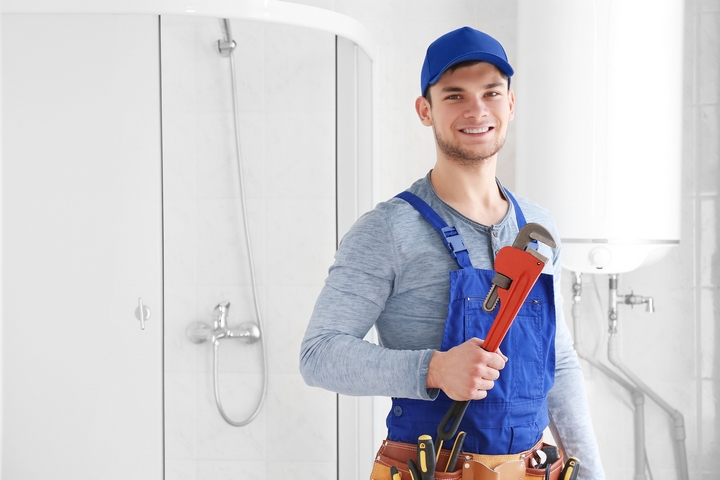
Not all problems can be fixed by yourself. Some issues require special equipment and expertise, leading you to need professional help. This is why you should find a good, trustworthy plumber and keep their number handy, as you never know when you will need it. While there are some plumbing problems that you can handle on your own, if you simply can not figure out what the issue is, then it is most likely the best time to call your local plumber.
